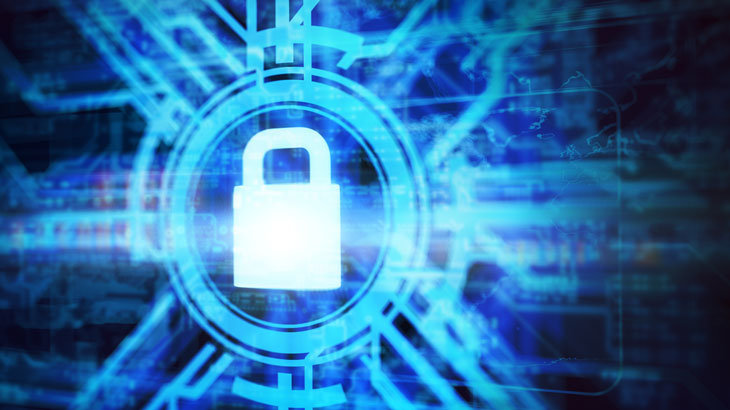Gartner Expect Cyber Security Spending to Reach $96B in 2018
The research firm Gartner is anticipating cyber security spending to reach $96 billion in 2018. The expected increase in identity access management and security services, is in a large part due to the global ransomware attacks and major security breaches, such as Equifax, that hit in 2017.
This year has been full of new cyber threats and major cyber attacks. It is because of these; the world has become increasingly aware of the need for cyber security protection. Obtaining a basic antivirus that uses traditional methods for malware detection will no longer suffice. Instead, users must be proactive. However, being proactive doesn’t necessarily mean spending astronomical amounts on cyber security.
Proactive Cyber Security Methods
In order to remain secure, employers and endpoint users are encouraged to engage in the following preventative measures to keep their data and devices secure:
- Keep all operating systems and applications updated – Programs and operating systems release updates to not only upgrade the program, but to also close any security gaps that have been found. If users and/or businesses are not updating programs and operating systems timely, these security holes remain open. Therefore, cyber criminals have a backdoor to execute malware.
- Implement application whitelisting technology – This default deny approach only allows for known trusted programs to execute. A common misconception with application whitelisting is the time it takes to whitelist all of your programs. Fortunately, there is an endpoint security program, available for home and business use, that will do all of the back-end work for you.
- Use multi-layer authentication – By using two or more methods to authenticate the login process, the likelihood of a security breach is mitigated. A multi-layer approach may include a password, as well as a security question. Or a thumb print, as well as an SMS code.
- Back up data regularly – The necessary frequency is contingent upon endpoint use. However, businesses are encouraged to back up in real-time if available. Home users should backup daily.
- Evaluate administrative rights and adjust accordingly – Often times people are granted administrative rights when it is not necessary. This could be different family members who use one PC, or employees who simply don’t need access to everything an admin has.
- Disable macros – Ransomware variants often require macros to be enabled to execute. By disabling macros, various ransomware samples will not be able to run on the endpoint.




